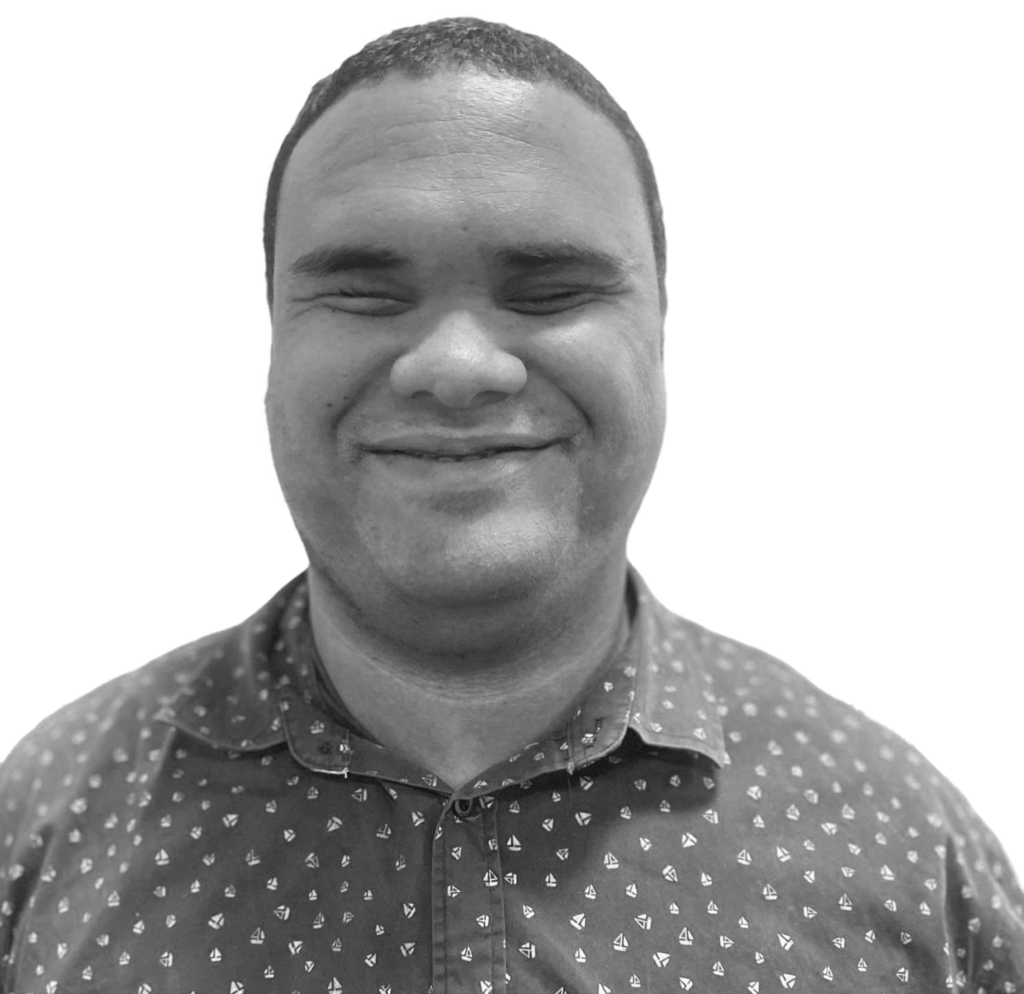Film
An Essential Benefit
Samoans with Disabilities Advocate for a Strengthened National Disability Benefit Scheme
Read our instructions on how to watch the video on Able Player.
Since the inauguration of a new government in 2021, Samoans with disabilities have been eligible for a 100 Tala ($37 USD) monthly assistance payment. However, the program has yet to be written into law and currently depends on the continued support of government officials. Advocates with NOLA, the Samoan National Advocacy Organisation of Persons with Disabilities, had been pushing for a social assistance program for years and are now recommending an increase in the monthly payments and rolling in provisions for free transportation and medical services. They are also advocating for the scheme to be officially codified in Samoan law, says Setu Tiatia, a member of NOLA: “It is very important to have some form of legislation that will guide the implementation of the benefit scheme, which will act as a safeguard in case of any challenges that may arise in the future.”
Editing assistance by Desmond LaFave

Filmmaker: Ari Tommy Hazelman
Ari Tommy Hazelman is a blind 34-year-old Samoan man posted as the disability inclusive officer for the Samoa Blind Persons Association, (SBPA), the only association in Samoa that deals with issues affecting blind and visually impaired people. Hazelman works with the SBPA’s Braille unit and is involved in the organization’s advocacy work through various activities under a project funded by the Disability Rights Fund.
Passionate about disability rights and accessible information, Hazelman is a member of Samoa’s CRPD resource team, Samoa’s disability reference team on disaster risk reduction, and Nuanua O Le Alofa, a nationally recognized disability rights advocacy organization.
Hazelman loves to meet and network with new people and speaks six languages including Samoan, English, Fijian, Hindi, Japanese and German. He has represented Samoa at international events like the Harkin Summit on employment of persons with disabilities and attended the Duskin Leadership Training Programme in Japan for people with disabilities for the Asia Pacific region in 2019-20.





